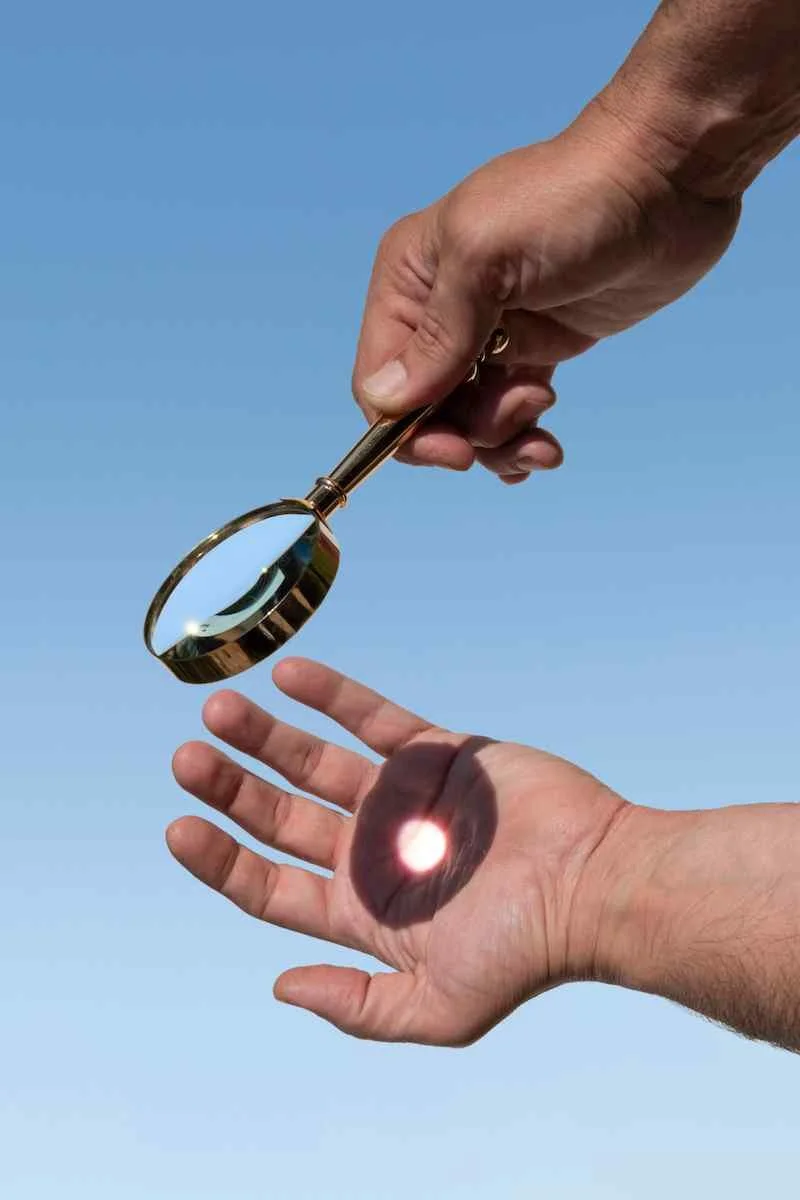Maria Mavropoulou
Maria Mavropoulous is a contemporary Greek artist. Her consolidated practice has reached a stable point of interest and compelling focus: AI visual culture and digital identity. Delving into power and politics in the relationship between humans and machines, Mavropoulou has recently been exhibited at Fondazione MAST in Bologna, Italy with a project - In Their Own Image - questioning the humans’ positioning as “gods” in the creation of another intelligence, or conscience which act upon our commands.
Screen-captured images, GAN and AI-generated images: how have you started introducing these mediums in your artistic practice?
While I was studying at Athens School of Fine Arts I got to learn painting, photography and sculpture so I used different mediums early, always thinking of which one would be the best choice to convey the idea I had in my mind. Later on, my work focused on the relationship between the physical and the digital world. Technology is what mediates this experience we have of the virtual sphere, so in that sense, it was natural for me to introduce all these new mediums into my artistic practice. I feel that every different way of capturing images changes our perspective as well so I feel an urge to explore this new territory!
What’s your main research focus at this stage of your artistic career?
My focus has been shifting in the past years from how we relate to the devices through which we access the internet, to how we construct our digital identity, how we interact with the algorithms and their biases, what are the limitations of our bodies that our minds can transcend when looking at a screen. Recently my work tackles topics such as power politics between machines and humans, Artificial Intelligence’s understanding of self and the potential for creating staged memories and identities with the use of AI-generated images.
What is digital identity to you and what do you believe the role of photography is in the creation of it?
For centuries only privileged individuals or artists could have their portrait painted. Later on, photography was invented and democratized the portrait making it much more accessible to many people. In recent years mobile phones have integrated the image production (cameras) and image distribution (social media, email, internet, etc.) mechanisms into one revolutionary device. This allowed the owners of smartphones to be the photographers but also the curators of their image and identity online. Digital identities usually tend to be beautified, highly curated and idealized, and as such, partial and fragmented since any feature that might be seen as negative is eliminated. Nonetheless, they are a representation of ourselves online, and if anyone has experienced being hacked, (as I did at some point ) it felt like kidnapping, as if someone stole my likeness and my voice. In this context, I think it is very important to raise awareness about the safety and privacy of our digital identity since it can be as important as the safety and health of our physical bodies.
You’ve recently exhibited your work In Their Own Image at Fondazione MAST in Bologna, Italy. An AI-based corpus of work, it questions the human-machine relationship in creative spheres. Could you expand on this?
Sure! This project focuses on the ability of humans and machines to be creative. In Ancient Greece the Muses were said to be the ones who gave inspiration to humans, but an Artificial Intelligence system doesn’t need any inspiration except for the immense dataset on which it was trained. But this dataset is a product of human behaviour, which ultimately teaches the AI how to function more as a human. The title of this project refers to the Christian religious book of Genesis where it is written that God created humans in His image. But today we are at a point where we are building another entity, AI, in our image. The work questions what might be the implications of such an act. Are we becoming gods by creating another intelligence? Will this entity be as creative as we are? What might this mean for humanity? I assume that these difficult questions can be answered only in time, nonetheless, I felt that they are relevant enough to start this conversation already.
What do you envision in AI? As much as your creative work is concerned?
As an artist, I am not afraid that AI could take over artistic production at this point but it has brought some changes in the field which I can admit weren't expected to happen so soon. First, I think what AI is doing currently is separating the skill from the art. I mean that throughout history, artworks are connected and valued according to the skill of the artists who made them. This has been changing slowly mainly because of photography (which involves a machine as well) and of course, big artists' studios that function as factories. AI comes to offer this “factory” essence to anyone since it can do the otherwise laborious work in seconds. But art is not just about skill and not even about good taste or good ideas. Art is also about experiences and connections, about expressing oneself, about feeling and relating, about having intentions or concerns. All these things to be performed presuppose the ability to feel and it seems that we are far away from creating a sentient AI for the time being.
interview ILARIA SPONDA
What to read next






























